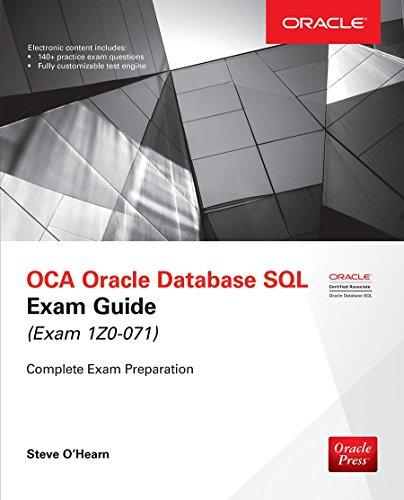Answered step by step
Verified Expert Solution
Question
1 Approved Answer
computer science 1 . ) Give an implementation level description of a Turing machine. You can check for an empty tapecell as a _ character.
computer science
Give an implementation level description of a Turing machine. You can check for an empty tapecell as acharacter. Convert from decimal to Unary: You are given a digit integer on a tapeand you need to replace it with that many s They do not have to be at the beginning of thetape. Examples: A Turing machine implementation for the conversion from decimal to unary would beginwith a blank tape. The machine would begin in the leftmost cell and scan to the right until it reachesa cell containing data. It would then read the value in that cell and write the appropriate number ofs in the adjacent cells. Finally, it would return trn to the leftmost cell and repeat the process until thetape ran out.For instance, if the input was the machine would write in the first cel beforemoving to the second. It would then write in the following four cells before returning to theinitial cell. Then, it would put in the first cell and go to the second. It would then write inthe next four cells before returning to the first cell and repeating the process until the end of thetape is reached.Similarly, if the input were the machine would write in the first cell before on tothe second. It would then write in the following seven cells before returning to the firstcell. Then, it would put in the first cell and go to the second. It would then write inthe next seven cells before returning to the first cell and repeating the process until the end of thetape was reached.Lastly, given the input the computer would perform no action because there are nononblank cells Give the state transition diagram formal description for the Turing machine in Problem Question marksA mass of consuners is uniformly distributed along the interval Two firms, A and B arelocated at points and respectively. We denote by p the price of firm ie A B A consumerlocated at point z E obtains utiity Ua upA tz if he consumes from firm A andUgrupat if he consumes from firmB. In the following, we assume that the grossutility u is sufficiently high, so that the market will be covered and all consumers will get positiveutility in equilibrium. Both firms have a cost function equal to TGXqi where you shouldsubstitute X for the last number of your student ID number.a Find the demand function for both firms,canb Assume firms set their prices simultaneously. Solve for the Nash equilibrium prices, andcompute the equilibrium profits. marksIc Now, assume a Stackelberg timing, where firm A is the leader. Explain briefly why we shouldnot use the Nash equilibriumn concept to solve this game, and solve for the equilibrium pricesand profits marksd Compare the results obtained in parts b and c and explain the intuition for such difference.Are the equilibria efficient? markse Suppose that there was a technology that allowed firm A to credibly commit not to changeits price this option to commit would make firm A the Stackelberg leader, as in part c Ifonly firn A had access to this technology, how much would firm A be willing to pay for itHow would your answer change if the technology was auctioned to the best bidder betweenfirms A and B marksAssume that firms A and B can perfectly discriminate between locations. That is firm i chooses aprice p for each location z e Firms now compete by simultaneously choosing the pricingfunctions p and p There is no possibility of arbitrage, and if a consumer may be indifferentbetween firms A and B they go to the closest firm. Find the Nashequilibrium pricing functions. That is you need to find the equilibrium pricesof every firm in every location. marks Consider a consumer whose utility function and budget constraint are given byuxy xy and px tpy I, respectively, where p is the price of good x pr is the priceof good y and is the consumer's income.a Derive the ordinary demand functions, xdeg p Pr and yps pb Derive the consumer's indirect utility function, uP Pc Calculate the partial derivatives, uaPu a and the ratio P Verifythat this term in the ordinary demand function from part a Roys identityd Minimize the expenditure level necessary to achieve some arbitrary utility target uand solve the firstorder conditions for the compensated or Hicksian demandfunctions, xPPu and ypPu Derive the expenditure function, epx P ue Calculate the value of r p and x lp and show that x and y are net substitutes.Explain with the use of a diagram howx and y can be net substitutes but not grosssubstitutes.g Calculate the partial derivative, eppup and verify that the resulting termis the compensated demand for good x Shepherds lemmah Invert the expenditure function to solve for uPpI Verify that this is indirectutility uPs Pyscode to Check if two strings are Anagram or not

Step by Step Solution
There are 3 Steps involved in it
Step: 1

Get Instant Access to Expert-Tailored Solutions
See step-by-step solutions with expert insights and AI powered tools for academic success
Step: 2

Step: 3

Ace Your Homework with AI
Get the answers you need in no time with our AI-driven, step-by-step assistance
Get Started


